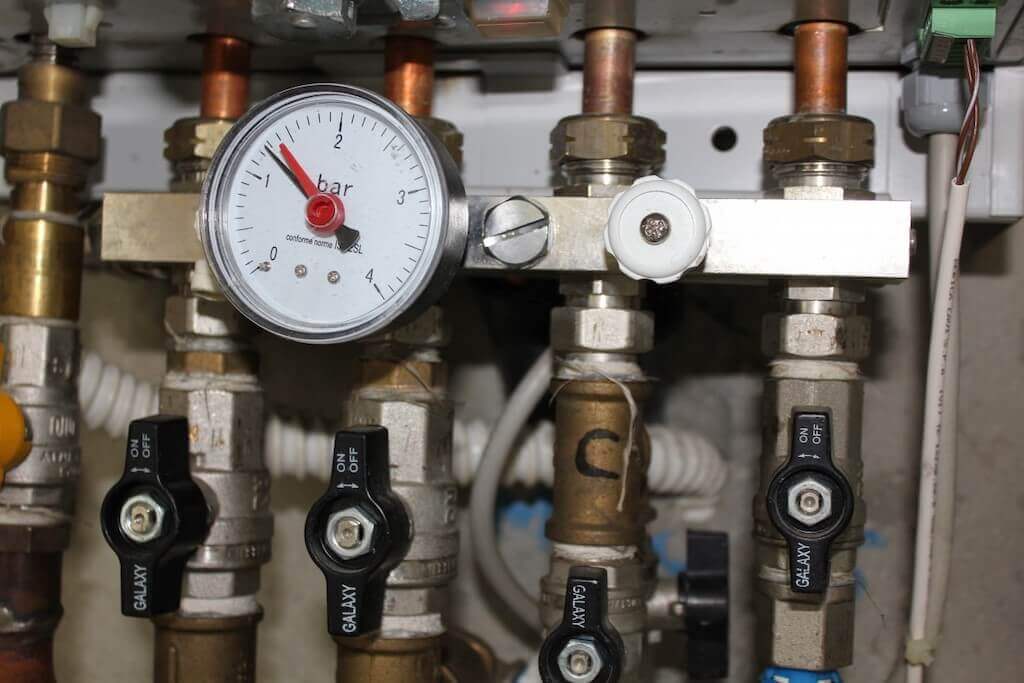
A traditional tank-type water heater’s life expectancy is eight to 12 years on average, while a tankless water heater may last up to 20 years or longer. Several factors impact a water heater’s lifespan, including maintenance and water quality, calling for water heater replacement. Discussed below are four reasons to replace water heaters.
1. Leaks in the water heater
As water heaters get close to the end of their lifespan, there’s a high possibility water will start appearing on the floor surrounding the tank. This is a sign that the water heater has started leaking. Based on the water heater’s location in your home, leaks may lead to vast water damage. These leaks are usually due to the tank’s metal expansion. These expansions happen over time because the tank’s inner body is exposed to countless heating cycles.
Water leaks are not always as a result of metal expansions. If you find wetness in the water heater’s elements, including the connections or fittings to the tank and the pressure or temperature overflow pipe, they could be the problem. If the heater is on your home’s ground floor, a water leak may lead to ruined/ soaked carpeting and mold. If your water heaters are leaking, find a reliable plumbing company, like Grable Plumbing, to help replace them.
2. The water heater isn’t heating
A misadjusted electrical thermostat may cause heat loss in your home’s water supply. You can resolve this issue by adjusting the thermostat. If only cold water comes from your bathtub and sink faucets, the problem could be due to a broken heating element in the water heater. If repairing the heating element doesn’t help, call in a local plumber for a heater replacement. Since these two elements don’t wear out quickly, ensure the temperature hasn’t been turned down.
3. Noise coming from the water heater
As your water heater nears the end of its lifespan, you may start hearing rumbling noises stemming out as the tank heats the water. If your household consumes a lot of hot water, the issue may become more evident upon the cause taking hold. Water heater noises may be caused by sediment buildup. As your water heater continues to age and is constantly required to heat water, sediment begins forming at the tank’s bottom. Over time, this sediment grows thicker and hardens along your tank’s floor, causing the heater to wear swiftly and resulting in the following issues:
● Expedited damage: The additional time your tank takes to heat water may result in the metal turning brittle, accelerating the possibility of a crack forming
● Inefficiency: A water heater with sediment buildup uses more energy because of the extra strain resulting from water heating
Water heater noises triggered by sediment buildup indicate that the tank will end up leaking. Flushing your water heater annually helps drain the sediment out of the tank, enabling it to function more efficiently. Consider getting a licensed plumber to flush the tank. If, after the flushing, the noise still keeps coming out, your heater could have a severe problem, calling for a replacement.
4. Rust in the hot water
If your water tanks and pipes are steel-made, rust signifies impending leaks. However, determining whether the rust is emanating from the pipes leading to the faucet or the water heater can be challenging. If the rust in the hot water is from your bathtub/ sink faucets, you might have a water heater corrosion issue, so replace them immediately.
Endnote
Different factors contribute to water heater replacements. Familiarize yourself with the reasons you need to replace your water heaters.








